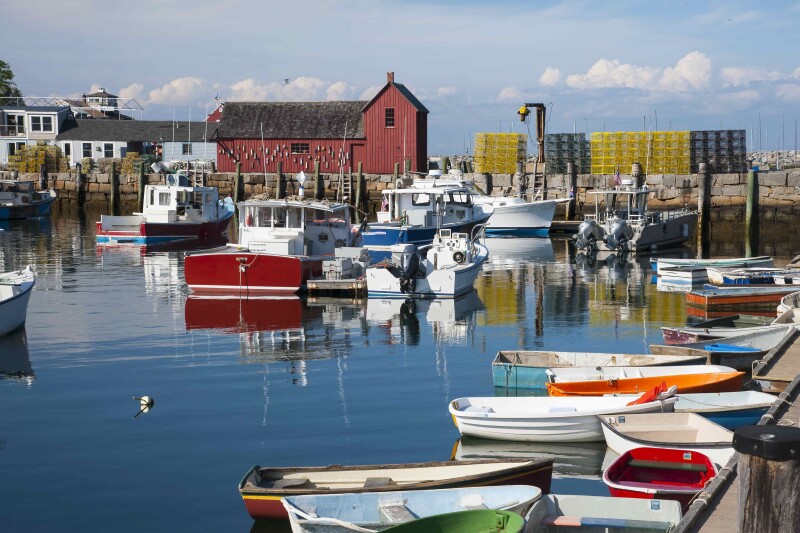To safeguard the future of the Bay State’s commercial fishing sector, Massachusetts officially convened its first Commercial Fisheries Commission (CFC) meeting on April 8, 2025, setting the stage for a new era of collaboration and state-level advocacy for the seafood industry.
Born out of legislation passed in 2022, the CFC is designed to strengthen communication between commercial fishing stakeholders and state agencies while shaping strategies to promote long-term sustainability. The commission brings together a wide range of representatives—from fishermen’s alliances and seafood cooperatives to academic leaders and local port authorities—with a mission to protect and propel the state’s seafood economy.
“Commercial fishing is the oldest of industries in Massachusetts and critically important to the culture, economy, and identity of our coastal communities,” said Department of Fish and Game Commissioner Tom O’Shea. “We need to work collaboratively with the industry to ensure that we achieve conservation of our marine resources, long-term sustainable harvest, and a bright future for the people who depend on the incredible abundance and diversity of Massachusetts fisheries.”
The inaugural meeting laid out early priorities for the commission, including an update to the Division of Marine Fisheries (DMF) 2021 Port Profile Project- a vital document that tracks port activity and infrastructure across the Commonwealth. The group also outlines its role in shaping fishery input on offshore wind development and highlights the need to address growing challenges in fishery science, particularly as federal data collection faces increasing limitations.
Co-chaired by DMF director Dan McKiernan and Coastal Zone Management (CZM) director Alison Brizius, the commission brings a unique blend of policy leadership and on-the-water expertise. “I anticipate this will provide an opportunity to collaborate to promote economic development, address critical infrastructure upgrades, enhance input into offshore energy development projects, and promote strategies to secure the short and long-term sustainability of this legacy industry," said McKiernan.
Brizius echoed that sentiment, noting, “the new Commercial Fisheries Commission offers an excellent opportunity to ensure that those who best understand the impacts of ocean development on fishing are at the table to help create balanced ocean-use policy.”
Massachusetts legislators played a critical role in launching the CFC. Senate Minority Leader Bruce Tarr (R-Gloucester), who sponsored the bill that established the commission, said the goal was to give the industry “a vehicle to engage state government more directly in the development, implementation and coordination of policies and strategies, and to give them a stronger voice.
The commission is set to meet quarterly to address issues including offshore wind coexistence, infrastructure investment, and the changing tides of fisheries science and management.
From the docks of New Bedford to the harbor of Gloucester, commercial fishing has long been the backbone of the state’s working waterfronts. Now, with a new public body dedicated to supporting and advocating for those who work the water, the Commonwealth is doubling down on its commitment to preserving the past while planning for a sustainable future.







